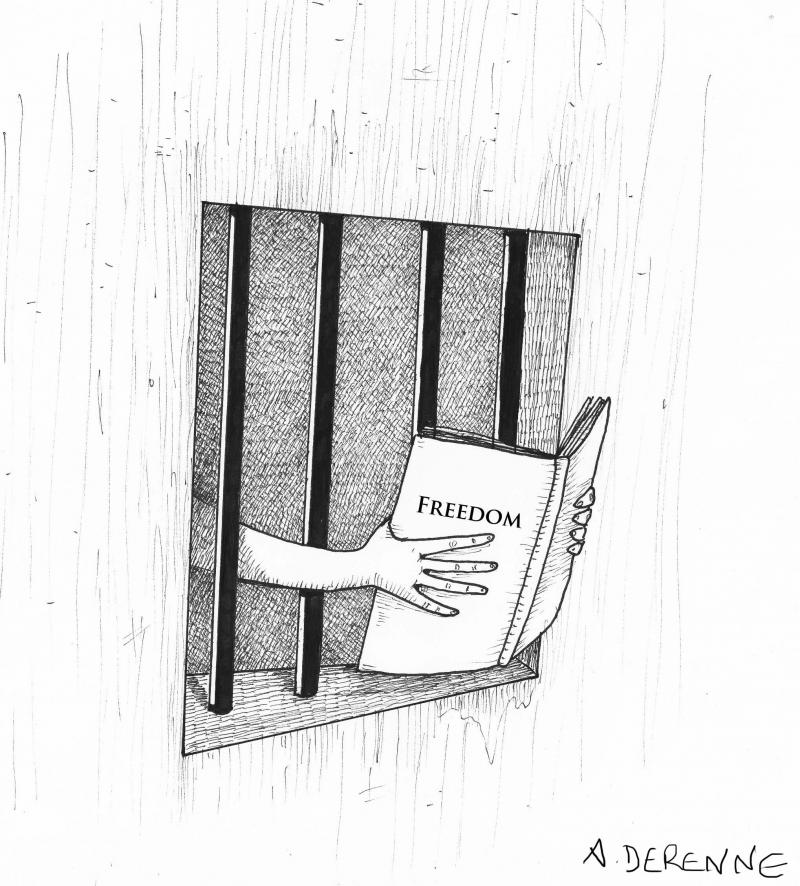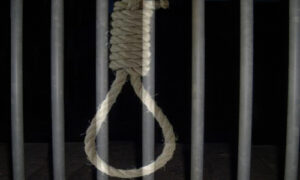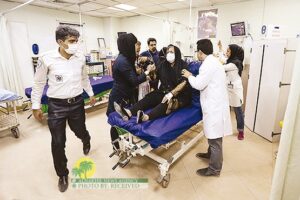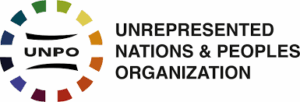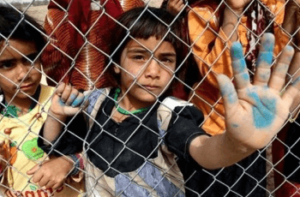Freedom’s Price in Iran: How Many Lives Will It Take?
Being an Iranian journalist and human rights advocate isn’t just a profession—it’s a constant threat to one’s life. In a country where the government thrives on deception, speaking the truth means risking everything. For those who fight for human rights, the choice has always been clear: expose the injustice or pay with your life. Journalists and human rights advocates have chosen the harder path, knowing that many have already paid the ultimate price for their courage.
Kianoush Sanjari, a journalist and advocate for freedom, fled Iran in 2007 due to credible threats of abduction or assassination by Iranian security forces. He was granted political asylum and relocated to Norway and later the United States, which became his safe haven. There, he continued his activism, organizing protests, delivering speeches, and ensuring the world knew that the fight for freedom in Iran extended beyond its borders.
However, in 2016, driven by a desire to care for his sick, aging mother, Sanjari made the fateful decision to return to Iran. The regime wasted no time. He was arrested almost immediately and slapped with charges that have become tragically routine in Iran: “acting against national security,” “propaganda against the state,” “giving interviews to foreign media,” and “portraying prison conditions in a negative light” on his blog.
On November 12, 2024, Kianoush posted a message on Twitter, stating that if several political prisoners were not freed by sundown, he would take his own life in protest against the dictatorship that had stolen so much from him and his country. Just hours later, he was gone. The regime quickly declared it a suicide, but his friends and supporters remain skeptical. Was it truly a suicide, or was his death staged—another sinister act by a government with a long history of silencing its critics?
Kianoush’s death highlights the harsh realities faced by many Iranians under a regime that rules through fear and violence. Advocates for the Arab minority in Iran, particularly those from the Khuzestan region, face even more severe oppression. These activists fight not only for freedom but also to protect their cultural identity from a regime bent on erasing it. Their stories are often silenced, and when they are killed or imprisoned, their names are buried under censorship. Many are buried in unmarked graves, with no recognition for their sacrifices, and their struggles remain largely hidden from the international community.
In a country where basic human rights are denied to so many, advocates for justice are often the most vulnerable, their efforts tragically drowned out by the government’s oppressive control. How many more activists, journalists, and dreamers must suffer before the world steps up?
Retaj
November







